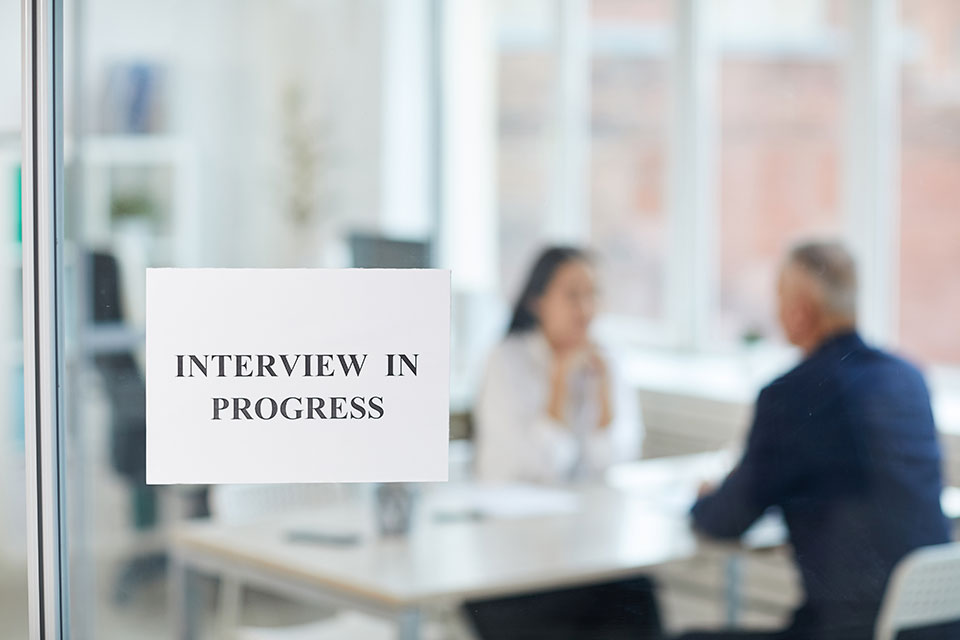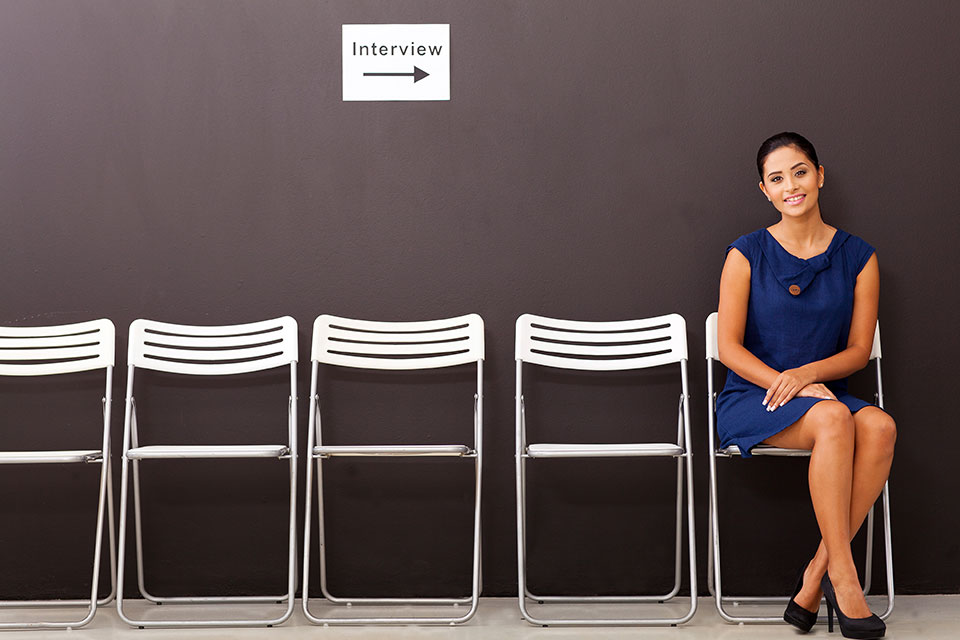A key question some interviewers will do and how to answer

Going to an interview will always hide surprises. No matter how well prepared you are for the critical appointment with your interviewer, there is no way they will not come up with something that will catch you off guard.
As the conversation and initial introductions move on the team will become slightly more casual and this is when they will let their imagination grow wild and proceed to freezer questions. A new question that has been wandering around in the human resources lately is ”What’s the difference between hard work and smart work?”
No one expects you to give an academic answer to that one. They, more or less, want to see how you are going to react to that. So let’s see how you can handle this part.
- Answer the question first
Before stepping into making yourself look great show that you understood the question. Hard work means long hours of work and persistent effort, while smart work means identifying the issues that will determine the project’s success. Hard work is done with dedication and effort rather than skill and talent. Here, you can argue why smart work is more important than hard work while they are both necessary to fulfill a goal. Smart work is more efficient and reassures the employee can stay positive while hard work alone may lead to exhausting employees who at some point will not be able to perform their maximum. Smart work, on the other hand, does not exclude working hard when a tight schedule is pressuring the whole team. - Give examples
Once you clarified what smart work means, you can say what smart work means for you. The question is being done to show what being smart means in real life. Providing true examples of cases where you reacted correctly is rule number one. Let them know how you overcame difficulties in the past. As you have previous experience, even if this is only academic there have surely appeared cases where you were neither a hard nor a smart worker. What did you do then? You don’t have to mention those cases and if they are brought up try not to emphasize them. However, show specify that you have an answer for most of the cases and you can deal with challenging situations. - Refer to your organizational skills
Being an organizing individual is the half road to success in most jobs that are done within the office walls of a big company. If you were an artist this could even be a disadvantage but in these kinds of interviews, it is a life-saver. Show them you can put priorities. This question is being asked to help you build your profile giving real examples of your previous experience. All of the things that you could mention in the case you were asked directly can be pointed out as a part of your answer to this particular question. Being able to organize stuff practically means you can deal with emergencies first and focus on details later. - What you should avoid
Rushing to answer is a basic thing you should stay away from. This is a perfect example of being smart. Show you are not afraid to take your time to give a solid answer. Asking kindly some time to consider your reply is your best shot. If you do not have an answer to this or any other questions simply specify that you can’t give a straight answer right away and hide your frustration. People don’t want to see someone who loses his will and gets affected by the failure.At the same time, you don’t want to state anything that you can’t prove. Claiming that you are a smart worker needs arguments. If you try to lie or tell half the truth your interviewers will understand it by the lack of arguments to your point. Last but not least, don’t you ever be negative. In your attempt to prove how well you did in challenging situations you might fall into the trap of talking bad for your former colleagues. This will probably sound like you try to brag about yourself and you are being ”small” with others.
Add CEOWORLD magazine to your Google News feed.
Follow CEOWORLD magazine headlines on: Google News, LinkedIn, Twitter, and Facebook.
This report/news/ranking/statistics has been prepared only for general guidance on matters of interest and does not constitute professional advice. You should not act upon the information contained in this publication without obtaining specific professional advice. No representation or warranty (express or implied) is given as to the accuracy or completeness of the information contained in this publication, and, to the extent permitted by law, CEOWORLD magazine does not accept or assume any liability, responsibility or duty of care for any consequences of you or anyone else acting, or refraining to act, in reliance on the information contained in this publication or for any decision based on it.
Copyright 2024 The CEOWORLD magazine. All rights reserved. This material (and any extract from it) must not be copied, redistributed or placed on any website, without CEOWORLD magazine' prior written consent. For media queries, please contact: info@ceoworld.biz
SUBSCRIBE NEWSLETTER












